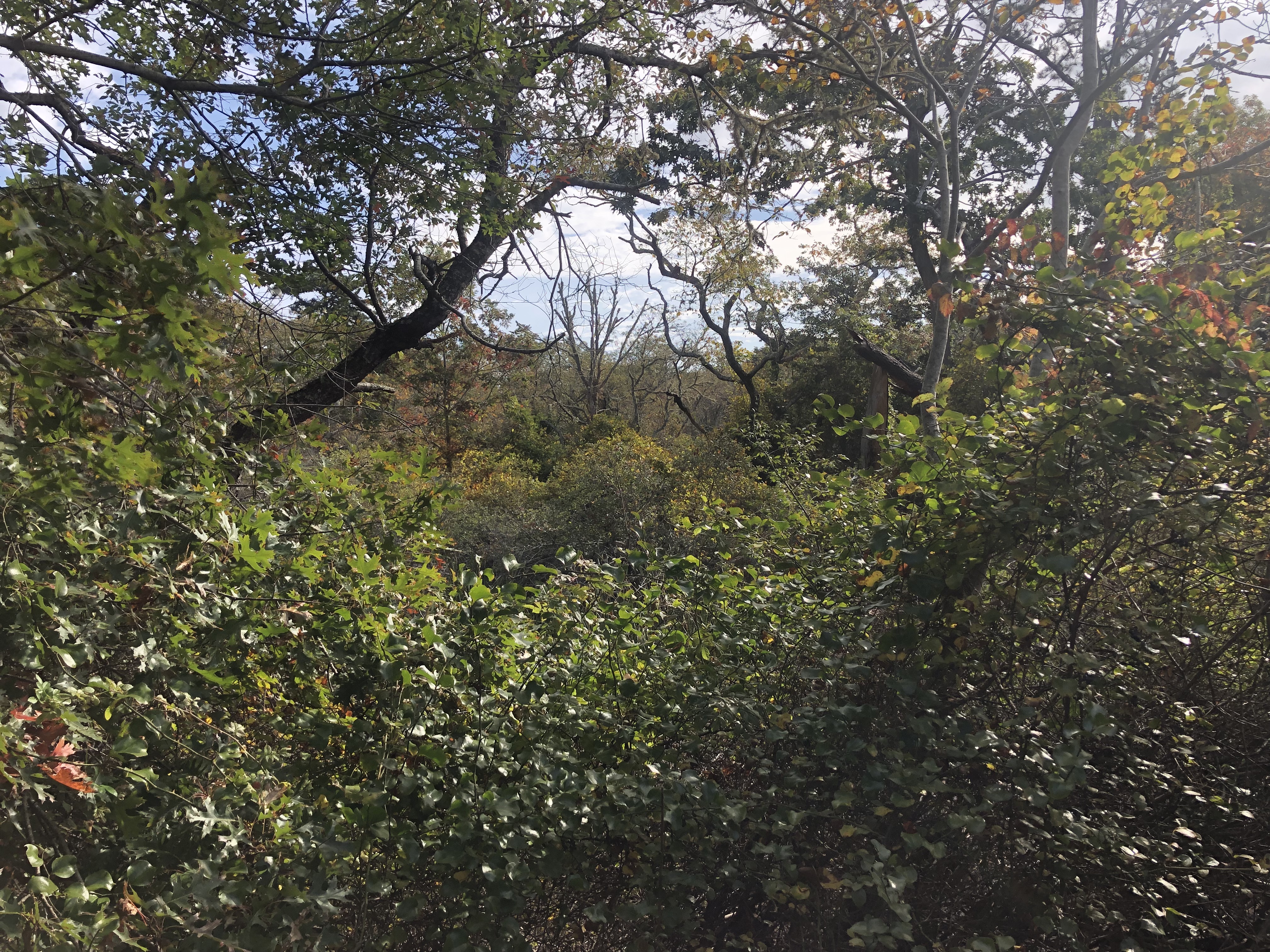News Release

NPS/Sanders
|
Subscribe
|
Contact: Geoffrey Sanders, (508) 957-0737
WELLFLEET, Mass– After considerable scientific research, planning, and fundraising, the Herring River Restoration project will come to life this fall and winter. In November, park staff, in partnership with AmeriCorps Cape Cod members and park volunteers, will begin on the ground work to clear freshwater vegetation that has encroached into the former tidal floodplain around the Herring River in Wellfleet.
Partnering with AmeriCorps Cape Cod and volunteers from the Friends of Cape Cod National Seashore, the first small steps toward the eventual restoration of hundreds of acres of coastal wetlands will begin as crews clear thick and overgrown vines, shrubs, and small trees from about six acres along the Herring River in the area around High Toss Road in Wellfleet. The group will spend several days on site in fall and winter clearing the areas and piling cut vegetation adjacent to the work site.
“We are ecstatic to finally begin the groundwork to recover this vitally important ecosystem,” said Brian Carlstrom, park superintendent. “By returning the tidal flow, Herring River will have the chance to recover and heal itself. We’ve achieved this milestone through the support and collaboration of our federal, state, and local partners.”
In addition to making way for restored salt marsh, clearing vegetation in this location will provide access for scientists to collect crucial data needed to develop and evaluate methods for restoring the Herring River floodplain.
The area has seen increased freshwater vegetation since 1909 when saltwater flow in the river was blocked by the installation of the Chequessett Neck Road Dike. Before the dike was built, most of the Herring River supported highly productive salt marsh, dominated by cordgrass and other native salt tolerant species. The lack of tidal exchange and salt water input into the estuary led to the conversion of salt marsh to freshwater wetlands. All these freshwater wetland species will eventually die-back as the native salt marsh is revived by restored tidal flow.
More extensive vegetation clearing will commence this coming winter, as the park begins the process of removing dead trees and promoting recovery of native salt marsh vegetation in the Duck Harbor area of the Herring River. Since January 2021, the 120-acre Duck Harbor floodplain has had periodic over wash of saltwater breaking over the dunes on Cape Cod Bay, mostly during spring tide periods. Removing the dead vegetation will promote the natural recruitment of salt marsh plants and increase the ecological productivity of Duck Harbor, while helping to minimize breeding habitat for mosquitoes by facilitating flow and drainage of water. Tree and shrub removal will be accomplished with heavy duty mulching equipment and will be accompanied by intensive scientific monitoring to document ecological changes.
Last updated: October 18, 2022
